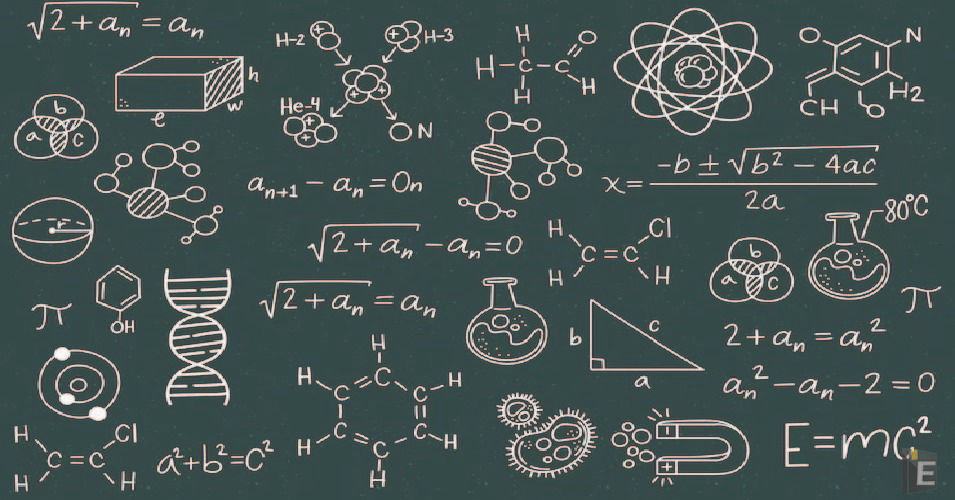General Science GK Quiz Questions

Welcome to the fascinating world of General Science GK Quiz Questions! This article of General Science GK Quiz Questions presents an exciting opportunity for you to put your scientific knowledge to the test and expand your understanding of various scientific disciplines. Whether you are a student, an enthusiast, or simply curious about the wonders of the universe, this quiz will challenge your intellect and ignite your curiosity. General Science GK Quiz Questions encompasses a wide range of subjects, including physics, chemistry, biology, astronomy, and more.
General Science GK Quiz Questions
In this article General Science GK Quiz Questions are carefully crafted to cover a diverse range of topics within general science. You'll encounter questions on topics such as atomic structure, the human body, environmental science, genetics, and scientific discoveries that have revolutionized our world. Each question is designed to challenge your knowledge, spark your curiosity, and inspire you to explore further.
Also, Read Latest Current Affairs Questions 2023: Current Affairs Today
"Stay ahead of the competition with our General Knowledge Mock Test and Current Affairs Mock Test!"
General Science GK Quiz Questions
Q : Consider statements (A) and (B) about conventional energy and choose the correct answer. Statement (A): Conventional sources of energy are those whose occurrence is in Statement (B): limited local area and which have been in everyday use for a long Atidacti time. Only fossil fuels are sources of conventional energy.
(A) Both (A) and (B) are true (2) Both (A) and (B) are false
(B) Both (A) and (B) are false
(C) (A) is true but (B) is false
(D) (A) is false, (B) is true
Correct Answer : B
Explanation :
Conventional sources of energy are those which have been in common use for a long time. Firewood and fossil fuels are the two main conventional energy sources.
How many colours does sunlight consist of?
(A) 3
(B) 2
(C) 7
(D) 5
Correct Answer : C
Explanation :
1. Sunlight has seven colors.
2. Seven colours – violet, indigo, blue, green, orange, yellow and red.
3. Violet has the shortest wavelength, while red has the longest wavelength.
4. The seven colours contained in sunlight can often be seen in rainbows.
5. Rainbows are formed when sunlight passes through raindrops.
Bodies that do not have their own heat and light, but are lit by the light of the stars are known as
(A) planets
(B) celestial bodies
(C) stars
(D) constellations
Correct Answer : B
Explanation :
Some celestial bodies do not have their heat and light. They are lit by the light of the stars. Such bodies are called planets.
Resources which are found in a region, but have not been utilised are known as
(A) waste resources
(B) valuable resources
(C) potential resources
(D) actual resources
Correct Answer : C
Explanation :
The resources which are found in a region but have not been utilized are called potential resources.
The sky appears blue due to its?
(A) Refraction of Light
(B) Reflection of Light
(C) Scattering of Light
(D) Diffraction of Light
Correct Answer : C
Which of the following is NOT an example of Pteridophyta?
(A) Funaria
(B) Selaginella
(C) Equisetum
(D) Pteris
Correct Answer : A
Which of the following is a water-Soluble vitamin?
(A) Vitamin B
(B) Vitamin A
(C) Vitamin D
(D) Vitamin K
Correct Answer : A
Explanation :
The water-soluble vitamins include ascorbic acid (vitamin C), thiamin, riboflavin, niacin, vitamin B6 (pyridoxine, pyridoxal, and pyridoxamine), folacin, vitamin B12, biotin, and pantothenic acid.
Which cells of our body are known as the protectors of the ' protectors of the human body ?
(A) red blood cells
(B) eosinophils
(C) Basophils
(D) White blood cells
Correct Answer : D
What is the instrument used to measure low temperature called?
(A) Hygrometer
(B) Cryometer
(C) Pyrometer
(D) Tachometer
Correct Answer : B
Waves used in radar systems are an example of which type of wave?
(A) micro waves
(B) infrared waves
(C) infrasonic waves
(D) none of these
Correct Answer : A



